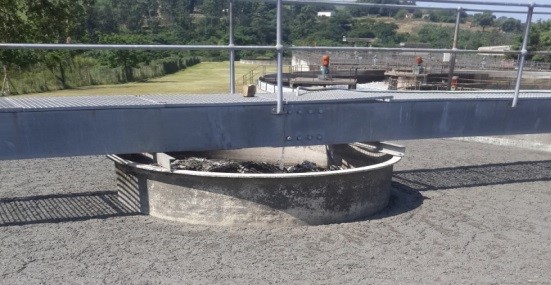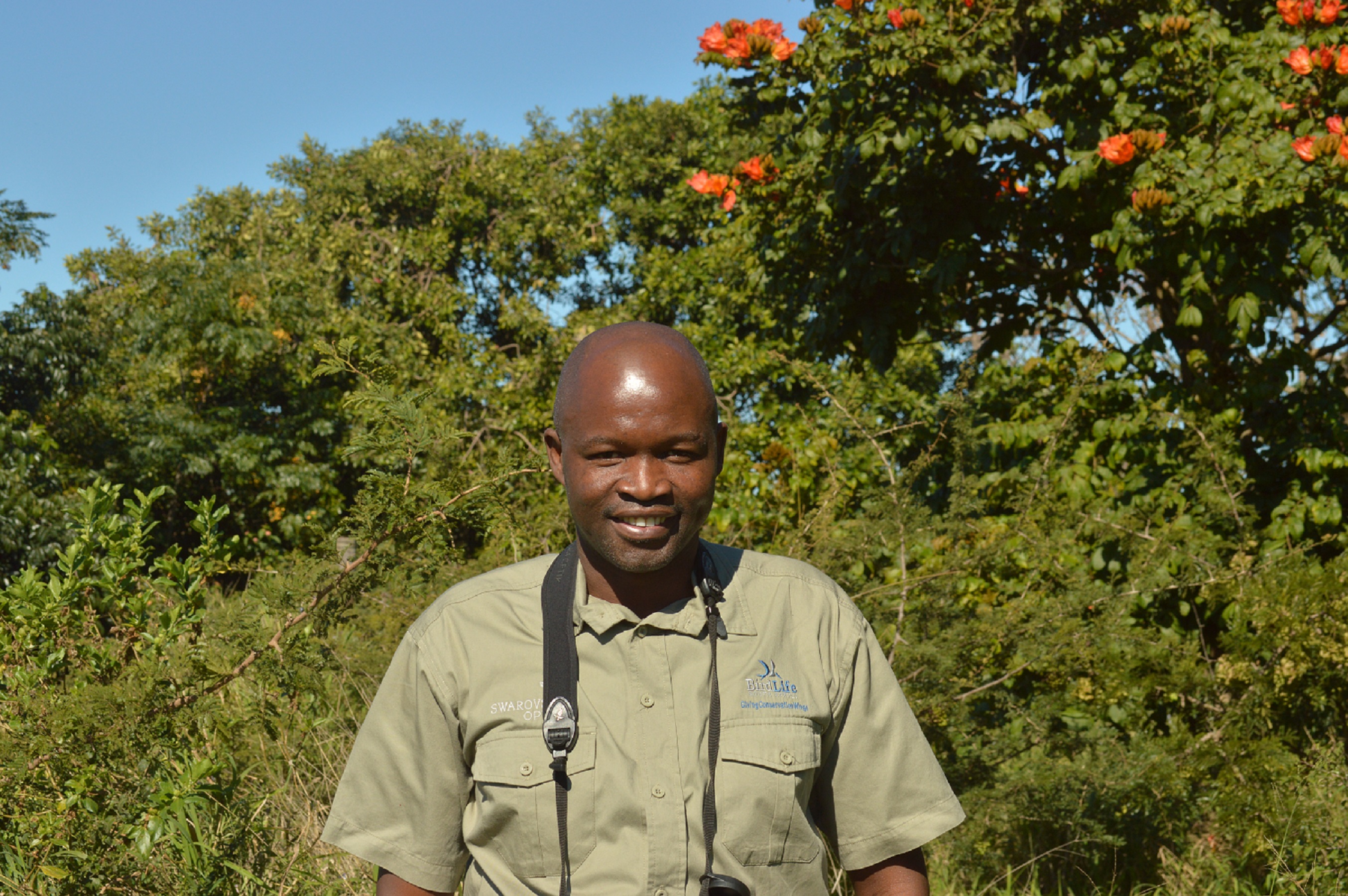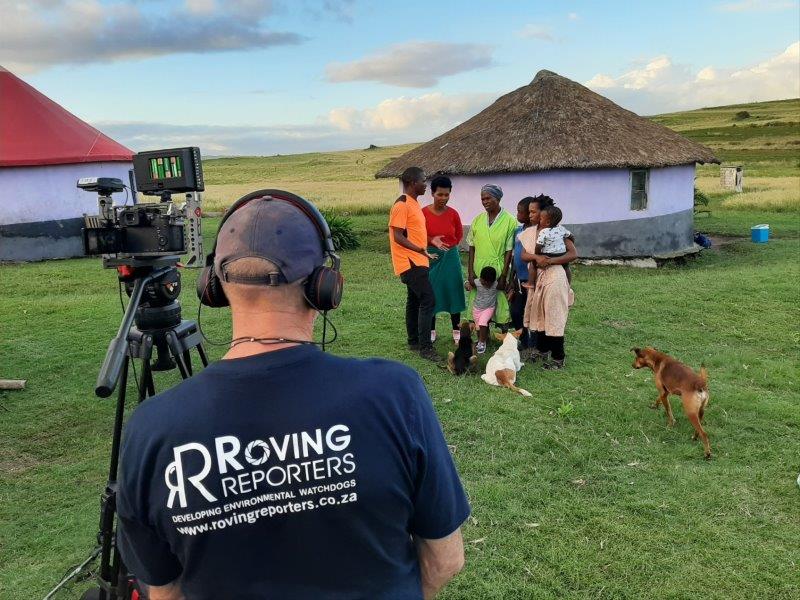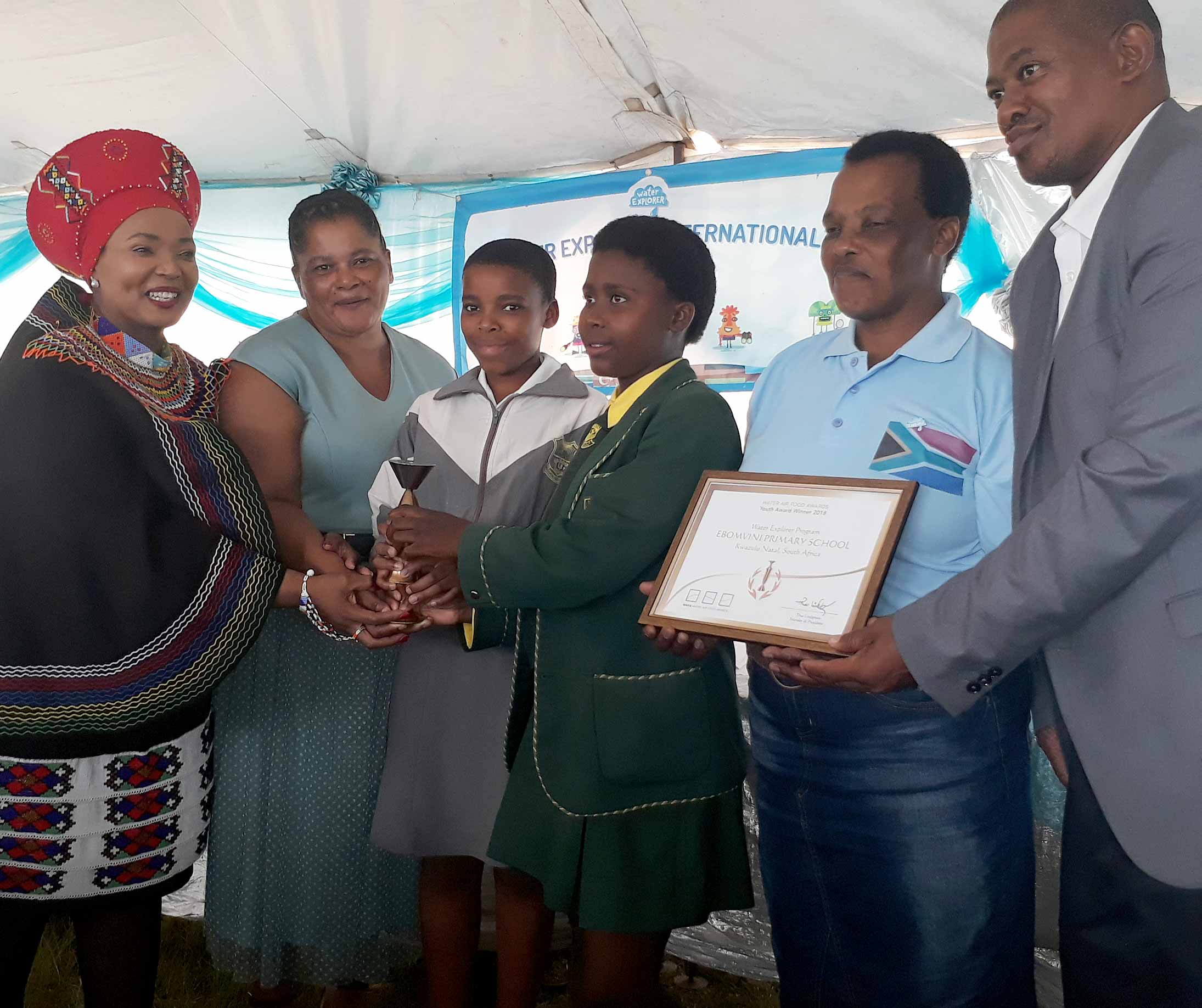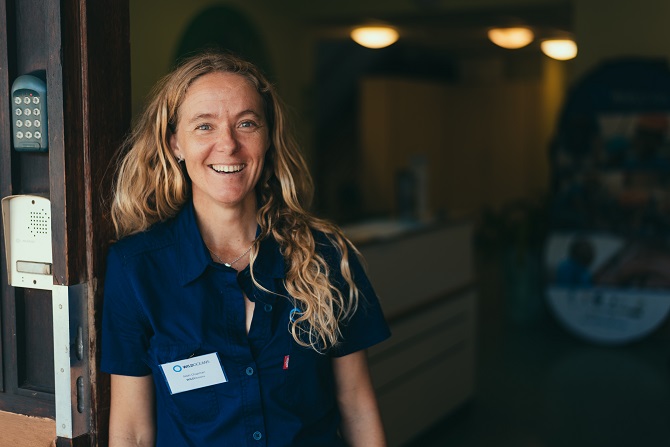“Get your act together,” warns DEA
First published by Sunday Tribune
eThekwini municipality and Verulam’s Waste Water Treatment Works (WWTW) could face criminal prosecution if they do not effectively address recent causes of faecal pollution of the Mdloti river, writes Fred Kockott
So says national spokesman for the Department of Water and Sanitation, Sputnik Ratau.
“The message we want to send out is certainly: “Get your act together,” said Ratau.
While eThekwini’s water and sanitation officials appear to have responded swiftly to Roving Reporters earlier exposé, Red flags fly over Mdloti river pollution– also convening a task team to address serious problems at the Verulam WWTW – Ratau said it would be premature to comment on this.
Prosecution threat
“We are still keeping an eye on what’s being done. In this instance, there should have been better care of the infrastructure. When we go for a second inspection, we will be able to decide what else needs to happen, whether we charge negligent parties through the criminal justice system, or go other routes,” said Ratau.
Ineffective treatment of sewerage gave rise to recent high levels of faecal content in the Mdloti river, damaging KwaZulu-Natal’s reputation as a world renowned water sports playground, says the Department of Environmental Affairs. (DEA). A senior official supplied these pictures of a recent inspection of Verulam Waste Water Treatment Works.
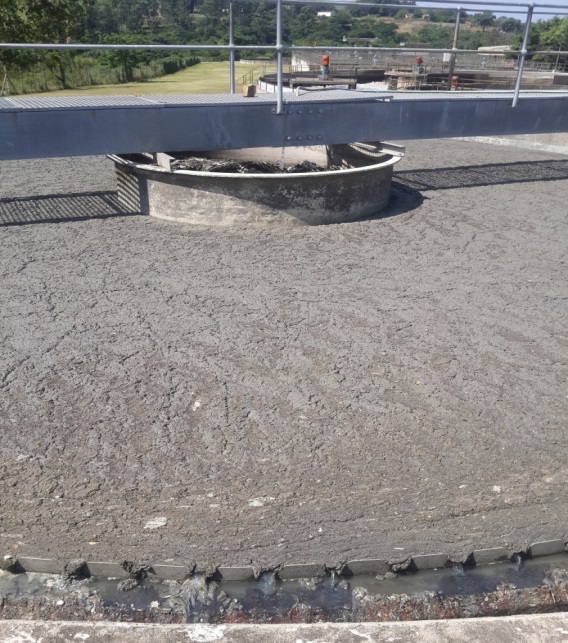
A high level of faecal scum on the plant’s primary settlement tank.
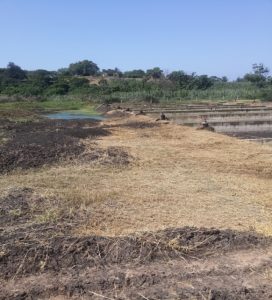
Poorly maintained sludge near the drying beds

The final discharged effluent was turbid and almost black, still contaminated with solids.
Ratau said the DWS’s investigations into the pollution Mdloti River began mid-December, resulting in Section 19 compliance letters being slapped on eThekweni municipality and Verulam WTWW. In layman’s terms, a Section 19 compliance order is the first step of a legislative process that could lead to prosecution if parties responsible for management of a plant such as Verulam ’s WWTW fail to take comply with laws governing waste treatment.
The DWS’s intervention – and now tough stance – followed several months of complaints lodged with local authorities by residents of Mr Morelands Estate, but little action being taken.
Foamy, dark water
Putrid smells continued emanating from the river, and in December the water turned foamy and dark, and rocks at the bridge going into Mount Morelands started gathering a white residue – a clear indicator of sewer pollution. Upstream of the Verulam WWTW, situated near Mt Morelands, the water appeared clean.
In alerting Roving Reporters, Ray van der Poll, a canoeing enthusiast and owner of eco-lodge, Shapes for Africa, said he when had visited the Verulam WWTW in mid December the place was place deserted.
Plant abandoned
“It seemed everyone had gone on leave,” said van der Poll.
On December 19, the provincial department of Water and Sanitation initiated their investigation, taking water samples below and above the Verulam plant. High levels of E.coli were found downstream of the plant.
Scum
The plant itself was found to be in an unacceptable state, said Ratau, who provided photographs of DWS’s inspection. These showed a high level of scum on the plant’s primary settlement tank, poorly maintained sludge near the drying beds, and solids in the chlorine contact tank. The final discharged effluent was turbid and black in colour. All this led to Section 19 compliance letters being issued, meaning that if poor management of the plant and ineffective treatment of sewerage was not addressed, those responsible could end up in court.
In meantime, Van der Poll said the water in Mdloti river had much cleaner of late, so much so that he had completed his training for this weekend’s FNB Dusi Canoe marathon in the Mdloti river and La Mercy lagoon.
- Fred Kockott is the founding director of Roving Reporters.

Journalists are trained to answer six key questions: Who, What, Where, When Why, and How. >> Click here to read about the 5 W’s and H of Roving Reporters.
Difficult choices must be made about how we utilise natural resources. But these choices need to be well informed if we are to do the least harm. This requires citizens have a clear picture of what is happening on the ground. There are too many vested interests at play to leave things entirely to officials, elected or otherwise. Keeping people in office on their toes and holding powerful interests, including NGOs, to account is an important role of the press. Unfortunately, the media’s ability to do its job has been hollowed away by the decline of traditional advertising support and readerships in the face of online technology. Some papers have closed down, others are a pale shadow of their former selves; everywhere staff are stretched or juniorised. Press standards have declined and false news abounds. Reporting is increasingly superficial, both in print and online media publications. Yet a strong appetite remains for credible news and insights, especially on environmental matters. This underlines the need for Roving Reporters to grow its operations and develop a blueprint for environmental journalism training in Southern Africa. You can support our training progamme, Developing Enviromental Watchdogs by making a donation, no matter how small. Click here for further information.

